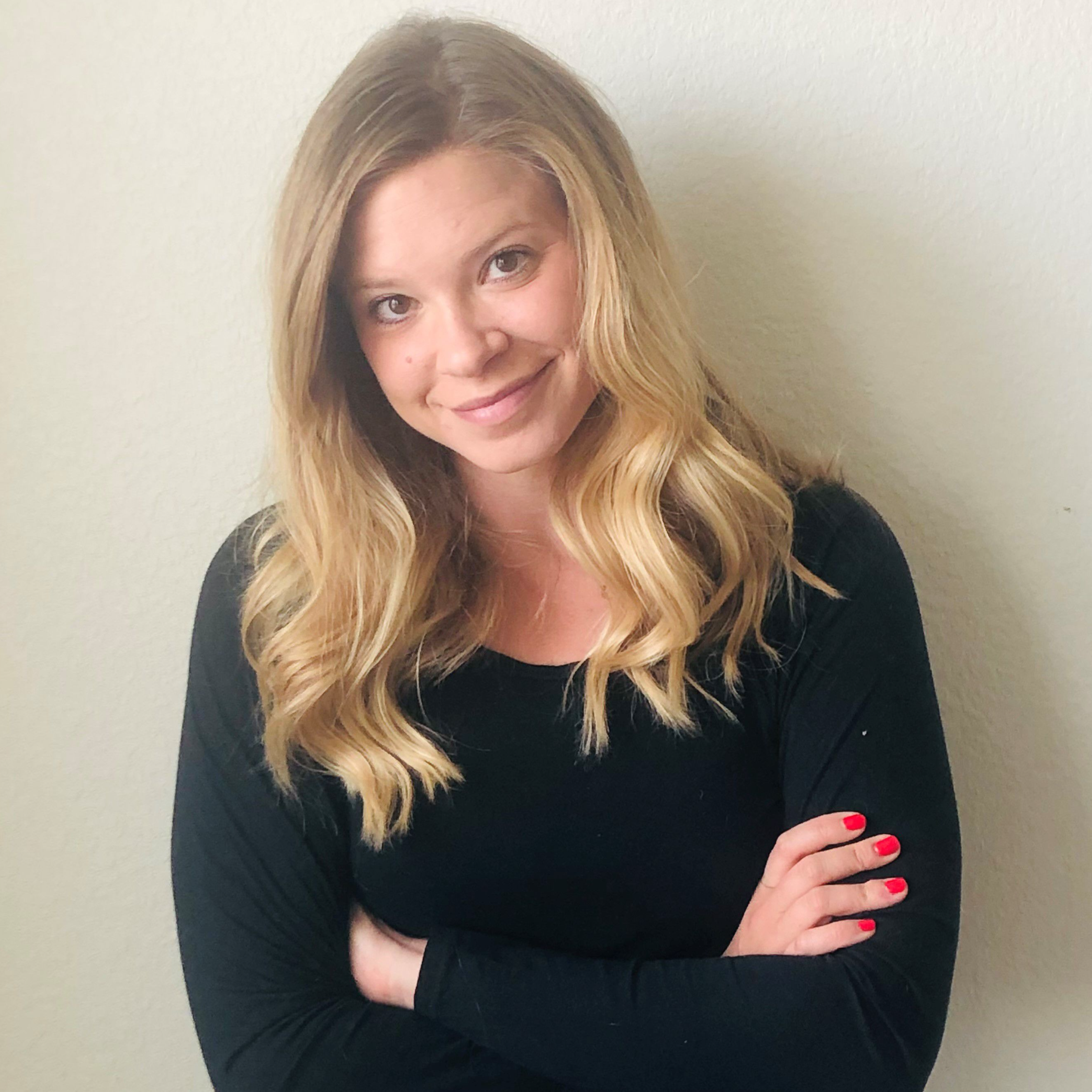Locast agrees to pay $32 million to resolve dispute with major TV networks

REUTERS/Gleb Garanich Purchase Licensing Rights
(Reuters) - The operator of over-the-air streaming service Locast has agreed to pay $32 million and end its operations for good to resolve claims that it infringes the four major television networks' copyrights, according to a Thursday filing in Manhattan federal court.
Locast halted its service last month following its loss on a key defense to the networks' lawsuit in August. U.S. District Judge Louis Stanton ordered the network to permanently stop operating shortly after.
Locast captured signals from local broadcast stations and retransmitted them over the internet to give Americans access to free television they couldn't otherwise watch for technical, geographic, or other reasons.
Attorney David Goodfriend, who previously worked for the Clinton Administration, U.S. Federal Communications Commission, and DISH Network and is currently of counsel at Weiner Brodsky Kider, founded the nonprofit that owns Locast. The networks sued Goodfriend and the nonprofit, Sports Fans Coalition NY, in 2019.
Goodfriend didn't immediately respond to a request for comment; neither did his and Locast's lawyers David Hosp of Orrick Herrington & Sutcliffe, Michael Dockterman of Steptoe & Johnson, or Mitchell Stoltz of the Electronic Frontier Foundation.
The networks and their attorney Gerson Zweifach of Williams & Connolly also didn't immediately respond to a request for comment; neither did Paul Clement of Kirkland & Ellis, who represents Fox Television Stations LLC and related entities separately.
Locast had argued it was immune from the claims based on part of the Copyright Act that allows nonprofits to retransmit media if they don't charge more than it costs to operate their service, in an attempt to distinguish it from Aereo, a similar for-profit streaming service that the U.S. Supreme Court found violated copyright law in 2014.
Stanton said Locast's defense failed because it charged more than necessary to cover its costs, receiving $4.3 million from user payments last year compared to $2.4 million in costs. He noted that Locast provided free streams, but interrupted non-paying users every 15 minutes to request donations, which users could avoid by paying for "preferred" access.
Stanton said Locast's "donations" were "really a scale of fees for uninterrupted service."
The case is American Broadcasting Companies Inc v. Goodfriend, U.S. District Court for the Southern District of New York, No. 1:19-cv-07136.
For the networks: Gerson Zweifach of Williams & Connolly
For Fox: Paul Clement of Kirkland & Ellis
For Locast: David Hosp of Orrick, Herrington & Sutcliffe; Michael Dockterman of Steptoe & Johnson; Mitchell Stoltz of the Electronic Frontier Foundation
Read more:
Sign up here.
Our Standards: The Thomson Reuters Trust Principles.





